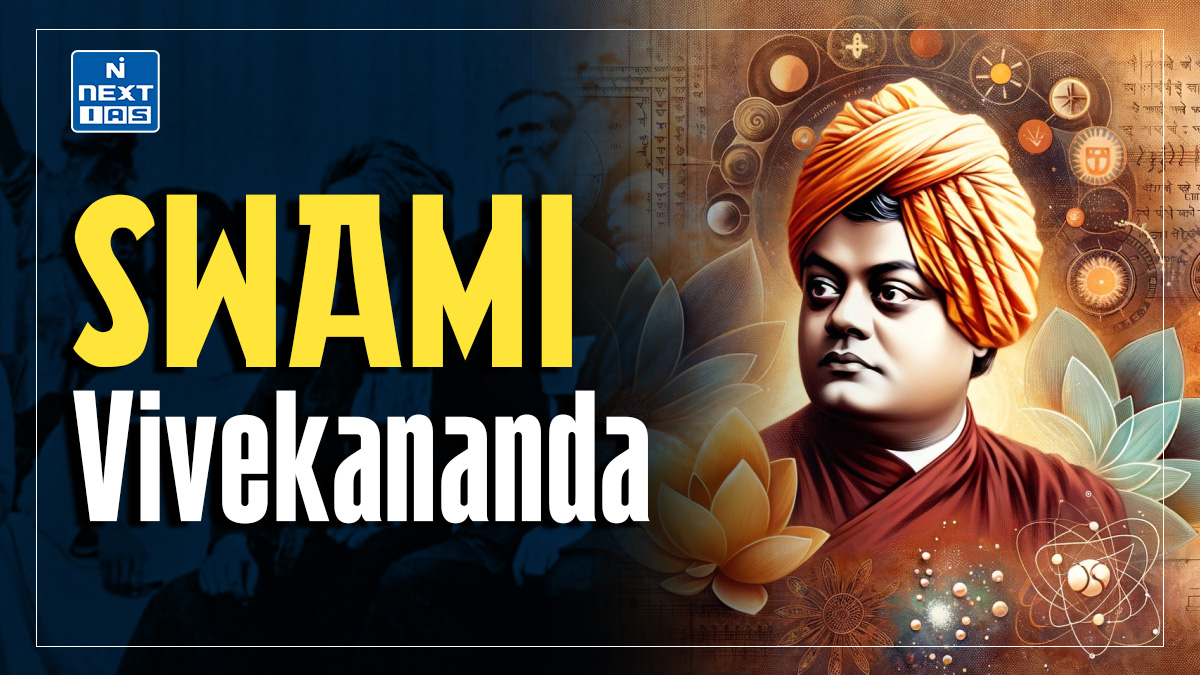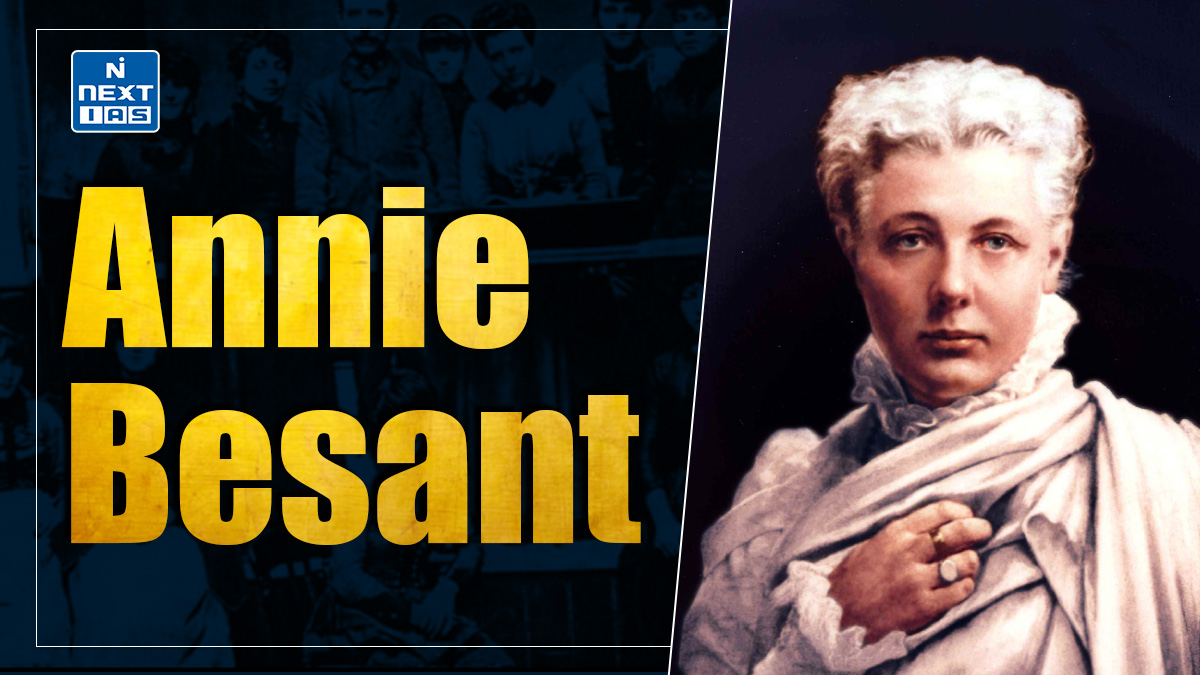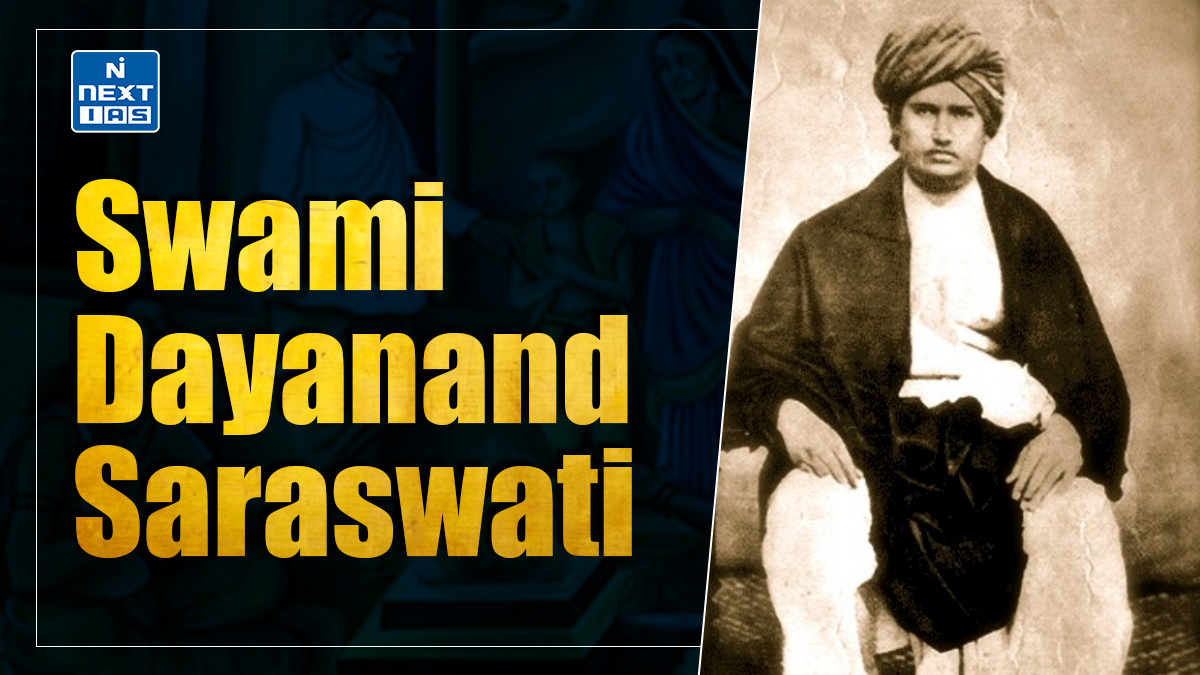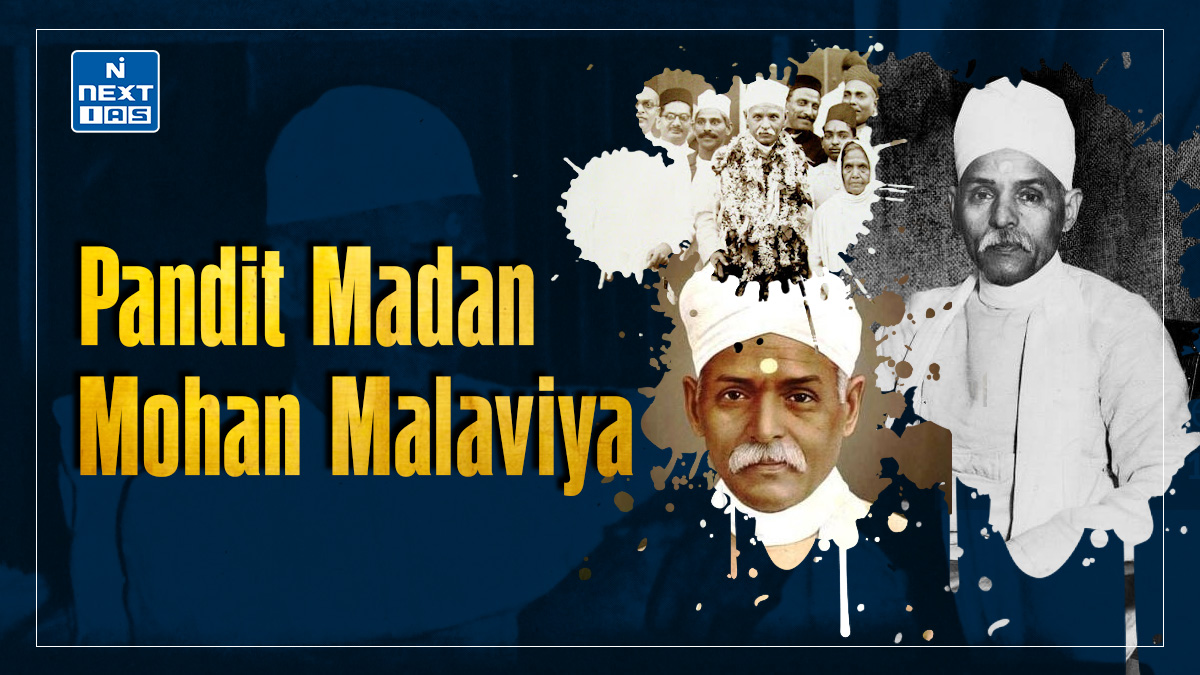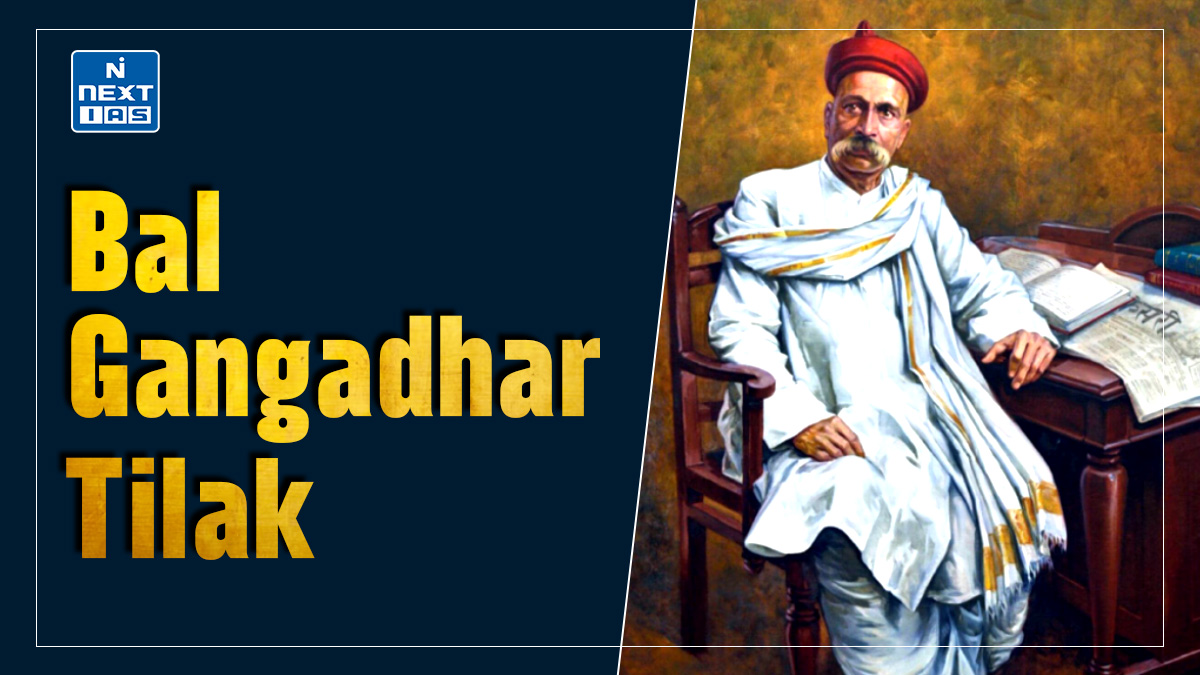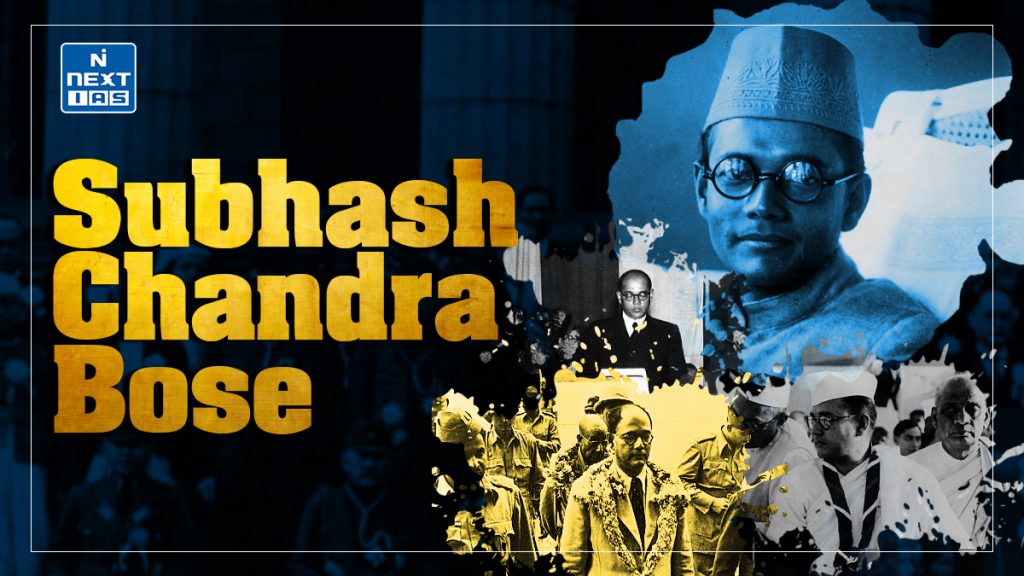
Subhash Chandra Bose was a fearless nationalist whose uncompromising pursuit of India’s freedom made him a prominent leader of the independence movement. His efforts to organise the Indian National Army and seek international alliances showcased his revolutionary approach to achieving complete independence. This article aims to study in detail Bose’s ideologies, leadership, and his enduring legacy in India’s struggle for freedom.
About Subhash Chandra Bose
- Subhash Chandra Bose, born on January 23, 1897, in Cuttack, Odisha, was a revolutionary patriot whose vision and determination played a critical role in India’s fight for independence.
- Known for his radical approach, dynamic leadership, and unwavering commitment to India’s freedom, Bose left an indelible mark on Indian history.
- Often referred to as Netaji (respected leader), he believed in achieving complete independence through decisive action, even if it meant adopting armed struggle.
Early Life and Influences of Subhash Chandra Bose
- Bose’s early years were marked by academic excellence and a keen sense of patriotism, significantly influenced by Swami Vivekananda’s teachings.
- He completed his education at the prestigious Presidency College in Kolkata and later at the University of Cambridge, where he cleared the Indian Civil Service Examination in 1920.
- However, Bose resigned from the coveted position, driven by his commitment to join the Indian independence movement.
- He regarded Chittaranjan Das as his political mentor and Swami Vivekananda as his spiritual guide, who shaped his political ideology and deep sense of social responsibility.
Ideological Vision of Subhash Chandra Bose
Nationalism and Socialism
Bose’s ideology was rooted in the principles of nationalism, socialism, and leftist thought:
- Complete Independence: Unlike many leaders of his time, Bose insisted on achieving Purna Swaraj (complete independence) rather than settling for dominion status.
- Socialist Vision: He envisioned an industrialised and modernised India, advocating state ownership of major industries and economic planning.
- Secularism: Bose upheld a secular vision, emphasising unity beyond religion, caste, or region.
- Militant Approach: Disenchanted with Gandhi’s strategy of non-violence, Bose believed in armed resistance as a viable path to freedom.
Political Journey
Role in Congress
Bose joined the Indian National Congress and quickly rose to prominence:
- Elected President of the Youth Wing of the Congress.
- Became Congress President in 1938 and 1939, steering the party towards a more radical stance on independence.
- Differences with Mahatma Gandhi over achieving independence led to his resignation in 1939 and the subsequent formation of the Forward Bloc.
Formation of the Indian National Army (INA)
During World War II, Bose sought alliances with Axis powers, leveraging the global conflict to challenge British rule in India.
- In 1942, Bose formed the Indian National Army (INA) with the support of Japan, revitalising it with captured Indian soldiers.
- The INA was an inclusive force with soldiers from diverse regions, religions, and ethnicities, including women.
- Slogans like “Jai Hind,” “Give me blood, and I will give you freedom,” and “Dilli Chalo” became rallying cries for the freedom movement.
Key Contributions of Subhash Chandra Bose
Revitalizing the Independence Movement
- Bose’s leadership inspired a more militant approach to independence, balancing the movement’s moderate and extremist ideologies.
- His advocacy for immediate and uncompromising independence galvanised younger leaders and freedom fighters.
International Alliances
- Bose’s collaboration with Axis powers showcased his strategic acumen, though it sparked controversy due to ethical concerns about partnering with regimes like Nazi Germany and Imperial Japan.
- The INA’s campaigns, though militarily unsuccessful, significantly undermined British morale and paved the way for the eventual withdrawal of colonial rule.
Role of Subhash Chandra Bose in Freedom Struggle
- Subhash Chandra Bose was a charismatic leader who played a significant role in India’s freedom struggle by advocating for complete independence and rejecting British dominion status.
- He founded the Forward Bloc and revitalized the independence movement with his militant approach.
- Bose is best known for leading the Indian National Army (INA) and forming the Azad Hind Government in exile, rallying Indian expatriates and prisoners of war to fight against British rule.
- His slogan, “Give me blood, and I will give you freedom,” inspired millions, and his relentless pursuit of liberation left an indelible mark on India’s struggle for independence.
Ideology of Subhash Chandra Bose
- The ideology of Subhash Chandra Bose was centred on nationalism, self-reliance, and militant resistance to colonial rule.
- He believed in achieving complete independence through force, if necessary, diverging from Gandhi’s nonviolent methods.
- Bose advocated for a strong, authoritarian state to rebuild India and emphasised the importance of socialism for economic equality and social justice.
- His vision was inclusive, seeking unity among all religions, castes, and regions to create a cohesive national identity.
- Bose also prioritised mobilising youth and fostering international alliances, especially with countries opposed to British imperialism, to achieve India’s liberation.
Ideological Differences: Subhash Chandra Bose vs. Mahatma Gandhi
The contrasting ideologies of Bose and Gandhi reflected the diversity of approaches within the freedom movement.
| Dimension | Mahatma Gandhi | Subhash Chandra Bose |
| Ideological Basis | Advocated non-violence (Ahimsa) and moral purity through Satyagraha. | Believed in political violence and armed resistance for independence. |
| Religion in Politics | Integrated religious values into political life; prayers often had political messages. | Advocated secularism, separating religion from politics. |
| Economic Vision | Supported village-centric, labour-intensive economies; opposed industrialisation. | Envisioned industrialisation and a modernized, state-controlled economy. |
| Response to British | Favoured truce and negotiation, including Dominion Status in early years. | Advocated for Purna Swaraj from the outset; opposed concessions. |
| Approach to Movements | Suspended Non-Cooperation Movement after Chauri Chaura incident. | Criticised the suspension as premature and harmful to momentum. |
| State and Governance | Opposed modern state machinery, favouring decentralised governance. | Favoured a robust and centralised state modelled on Soviet-style socialism. |
Legacy of Subhash Chandra Bose
- Bose’s efforts to foster unity among Indians of all backgrounds left a legacy of inclusivity, exemplified by the INA’s diverse composition.
- His advocacy for industrialisation and state planning influenced India’s post-independence economic policies, particularly under Nehru’s leadership.
- Bose’s life and ideals inspire Indians, with his slogans and philosophy serving as enduring symbols of courage and determination.
Conclusion
Subhash Chandra Bose was a visionary leader whose radical approach complemented the broader strategy of the Indian freedom struggle. While his methods often clashed with Gandhi’s, the two leaders shared an unwavering commitment to India’s independence. Bose’s call for decisive action, his emphasis on modernity, and his belief in the power of unity make him a timeless figure in India’s history. His life serves as a reminder of the diverse paths that contributed to India’s freedom and the sacrifices made in the journey towards independence.
Frequently Asked Questions (FAQs)
Who is Subhash Chandra Bose?
Subhash Chandra Bose was a prominent leader in India’s freedom struggle, known for his revolutionary approach and leadership of the Indian National Army (INA) to fight British colonial rule.
Why is Subhash Chandra Bose famous?
Subhash Chandra Bose is famous for his role in establishing the Indian National Army (INA) and the Azad Hind Government to overthrow British rule, as well as his inspiring slogan, “Give me blood, and I will give you freedom.”
